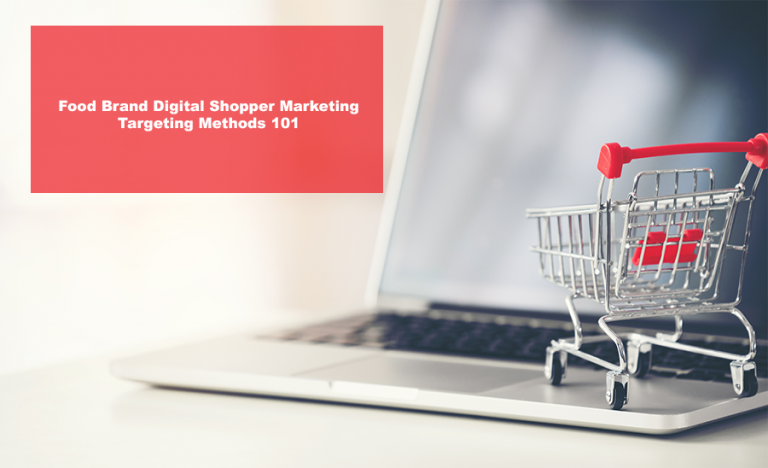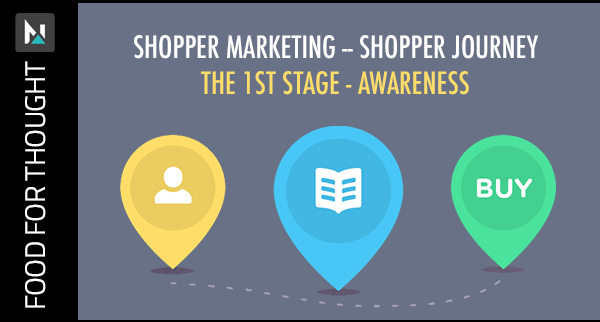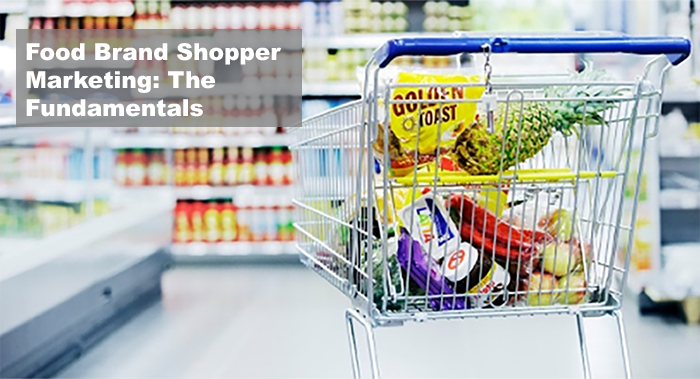Jun 30, 2022
What the Best Shopper Marketing Agencies Don’t Tell You
The 8 Best-Kept Secrets of the Best Shopper Marketing Agencies
 In the modern world of food and beverage marketing, shopper marketing is indispensable. But the best shopper marketing agencies have a number of secrets that could ultimately help you create a more favorable strategy.
In the modern world of food and beverage marketing, shopper marketing is indispensable. But the best shopper marketing agencies have a number of secrets that could ultimately help you create a more favorable strategy.
What are these best-kept secrets, and how can you use them to your advantage?
There Is No Universal Strategy
First, it’s important to understand that there is no universal strategy. Oftentimes, businesses seek the help of one of the best shopper marketing agencies because they have no idea how to handle things on their own. There’s nothing wrong with this, but they jump into the relationship with the expectation that this impressive shopper marketing agency will know exactly what to do and exactly the right tactics to execute – because they’ve already done it dozens of times for other clients.
But the truth is, there is no universal shopper marketing strategy. Different types of consumers behave in different ways. Different businesses have different goals and different brand identities. And while there are some fundamentals that apply to almost every situation, most of the variables are going to need tweaked or reinvented for each specific situation.
What does that mean for you? For starters, it means that long before you start brainstorming about how to brand your product, how to position it on store shelves, or how to write creative new advertising jingles, you need to conduct basic market research. You need to fully understand who your audience is and how they behave, so you can use that information to customize your own strategy from scratch.
The Path to Success Is Failure
This may seem like an inherent contradiction, but in many cases, the path to success in shopper marketing is failing over and over again. Even with all the data we have now, coming from market research, competitive research, and historical examples, it’s hard to predict exactly how customers are going to behave, given a new prompt.
To figure it out, we must conduct experiments. We must fine tune different variables in our marketing and advertising, and use surveys, focus groups, and other tools to decide what’s most effective.
In this approach, failure is inevitable – but in this context, failure isn’t a stopping point, but rather, a learning opportunity. Every micro failure is a chance for you to learn more about your shoppers and how to target them effectively.
Shopper Marketing Is a Marathon, Not a Sprint
In a similar vein, shopper marketing is a marathon, not a sprint. If you’re hoping to dramatically increase sales overnight, or if you think you can master the fundamentals of shopper marketing after a few weeks of practice, you’re unfortunately mistaken. It takes a long time to learn best practices, better understand your target audience, and come up with a plan that works.
The Pareto Principle Applies to Your Shopper Marketing Strategy
The Pareto principle suggests that 80 percent of the consequences in a given system come from 20 percent of the inputs. For example, in the shopper marketing world, that means 80 percent of your food and beverage sales may come from 20 percent of your customer base. Just 20 percent of your customers represent the most loyal, most valuable segment of your audience.
Accordingly, if you want to get the most out of your shopper marketing strategy, you need to disproportionately target this minority of your consumers. Who are your most valuable customers and how do you reach them?
Storytelling Always Increases Relevance
The best shopper marketing agencies know that storytelling almost always increases relevance to buyers. Whatever message you want to share with your customers, it’s going to be more effective if you can somehow present it as a story. Can you tell the story of your brand and how it got to this point? Can you embody your marketing messages with a brand mascot or similar character? Can you relate to your customers by telling stories that reflect their real lives?
Online Shopping Happens First
Did you know that 81 percent of shoppers conduct online research before buying a product in store? If you sell food products and beverages primarily in supermarkets and convenience stores, you may have the mistaken impression that the only marketing and advertising that matter are in store. But with so many consumers turning to the internet to gather information, discover new products, and research their buying decisions, you need to have some online component of your marketing strategy in place. Online shopper marketing is just as important, if not more important than in-store shopper marketing.
The Decision Point Matters Most
In a grocery store environment, 76 percent of purchasing decisions are made at the shelf. Despite all the online research they’re doing, most consumers only finalize their decision once they see actual products on actual shelves. Because of this, you need to think about every detail about how your product is presented and how it’s compared to other products. Its packaging, its labeling, and its peripheral marketing materials will all play a role in how consumers in a supermarket think about your product. This is especially important if you’re going to be directly competing with similar competitors; what makes your product stand out?
 Should You Work With an Agency?
Should You Work With an Agency?
This article implies that the best shopper marketing agencies are going to withhold secrets from you, but this isn’t really the case. Most competent shopper marketing agencies are happy to share their perspectives and experiences with you in pursuit of helping you create a better shopper marketing approach. This is a transparent and mutually beneficial relationship, and almost any shopper marketing agency will see it that way.
If you don’t have much experience in shopper marketing, or if you don’t know how to start better understanding your target audience, working with an agency is absolutely your best bet. Own the Cart! Download your free copy today!






